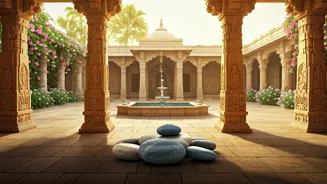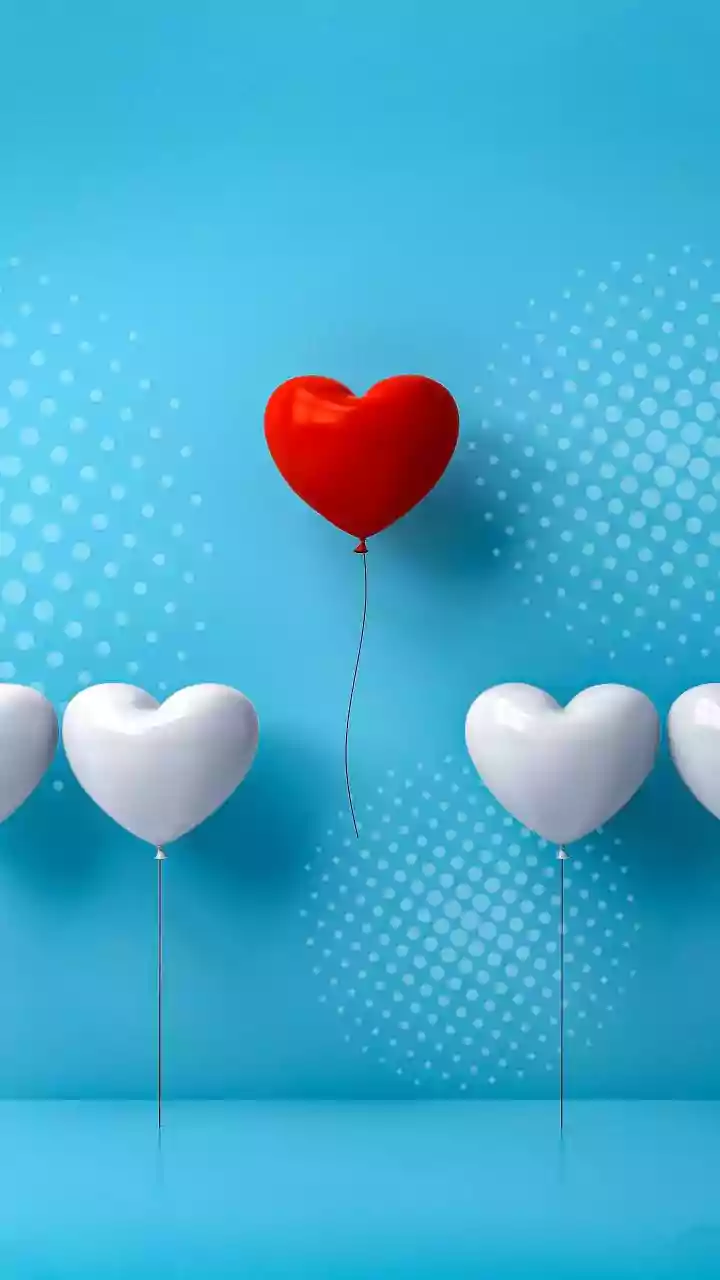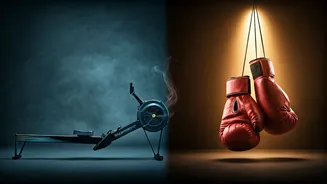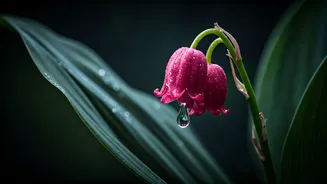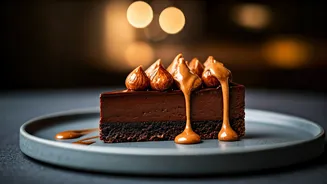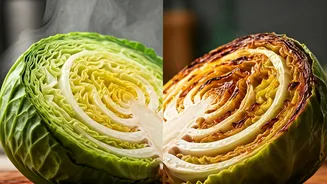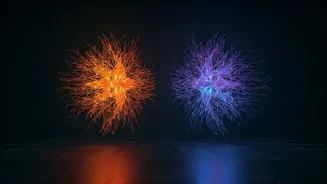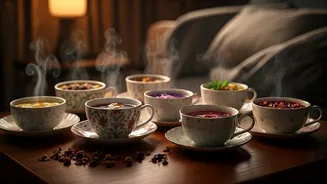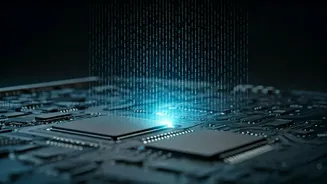Understanding Reiki's Roots
Reiki, born in early 20th-century Japan, is a holistic practice focused on universal life energy. Rooted in spiritual experiences, it involves practitioners
as channels to reduce stress and restore balance. Over four million people globally are certified at the first level, highlighting its impact on lives.
Energy's Healing Power
At its core, Reiki uses energy for healing, promoting relaxation and balance for the mind, body, and spirit. The practitioner acts as a conduit, allowing energy to flow and reduce stress. The concept aligns with Indian philosophies, where energy is the foundation of everything. This practice is not a religion; it is a technique.
The Reiki Session
A typical Reiki session lasts about an hour. Whether in person or at a distance, it begins with discussing your concerns, much like a doctor's consultation. You remain fully clothed, lying on a massage table or sitting in a chair. The practitioner places hands a few inches from your body, inducing relaxation and peace.
Reiki and Research
Studies on Reiki show promising results, often proving more effective than placebos. In one study, high blood pressure decreased significantly in patients receiving Reiki. These findings echo the growing acceptance of this practice, with more Indian wellness centers adopting it, providing alternative, effective healthcare.
